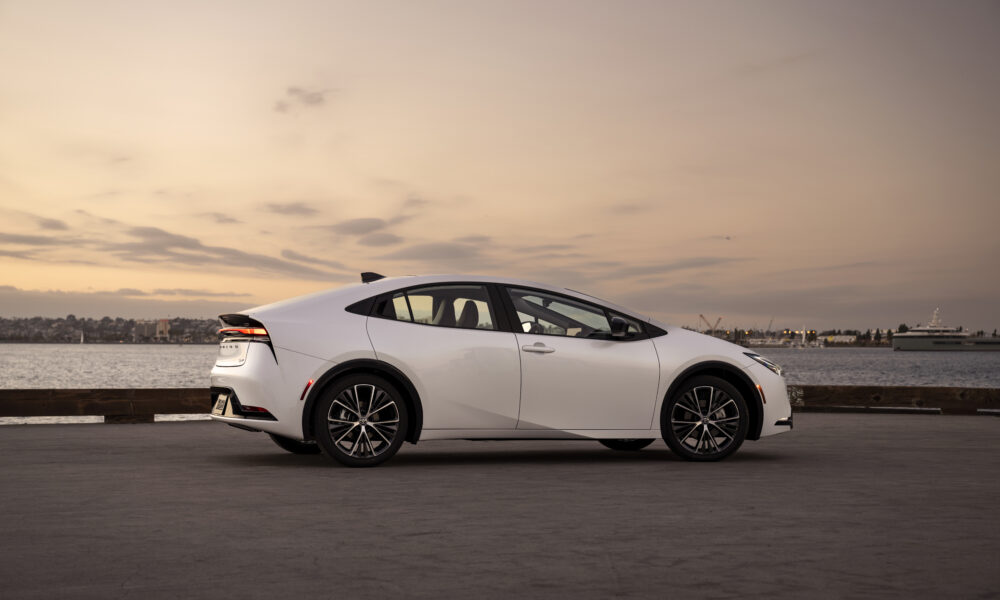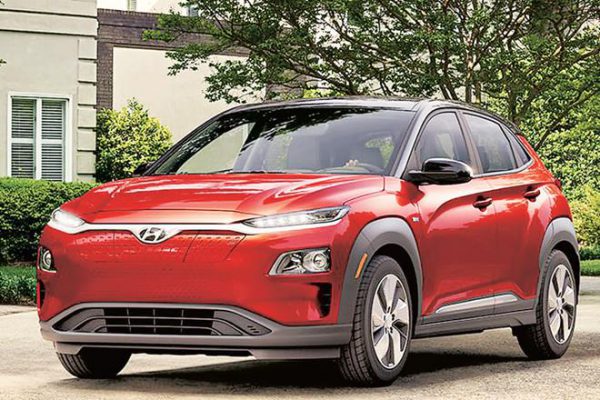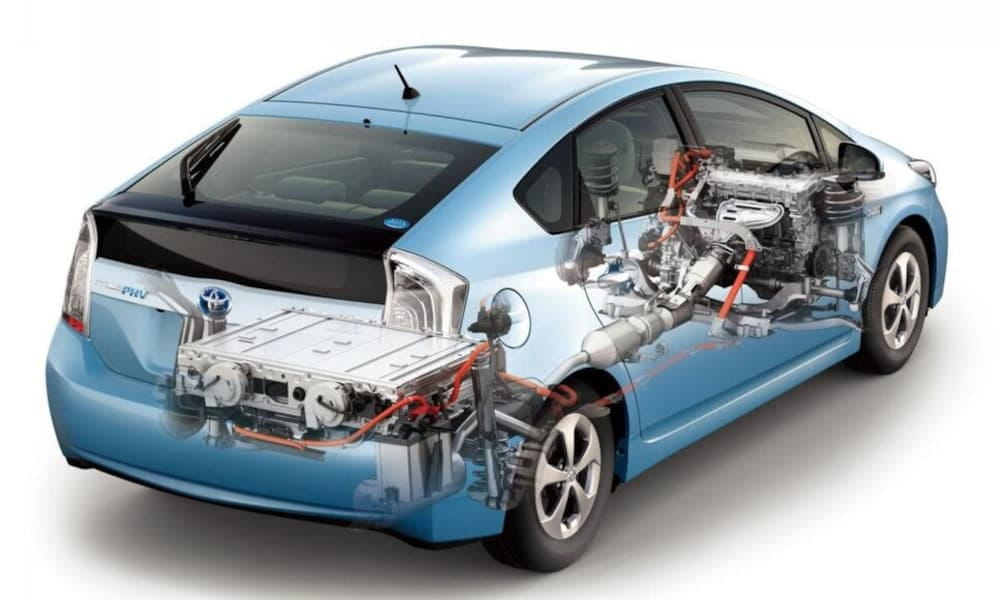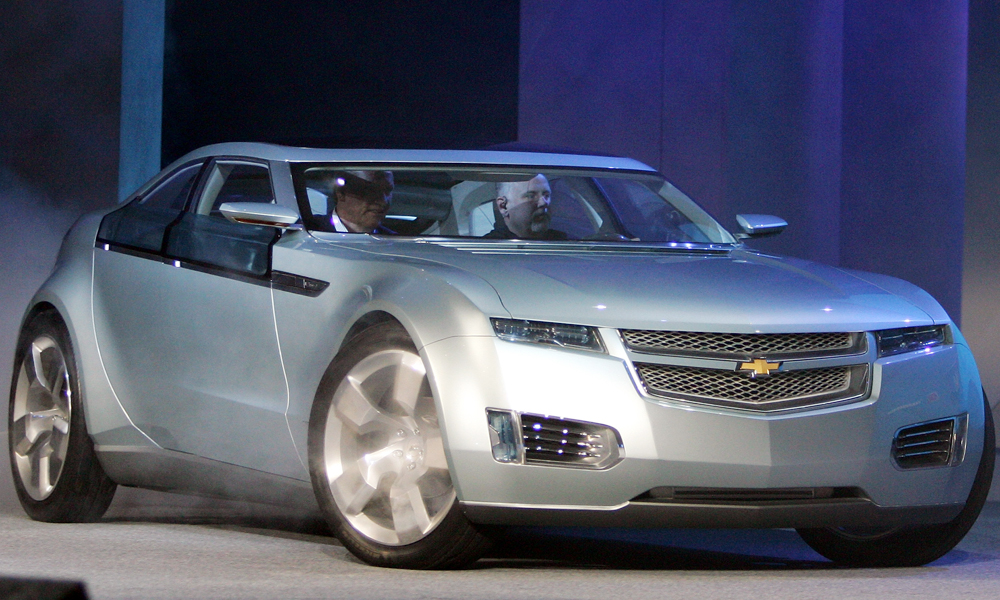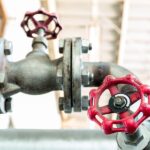As hybrid vehicles continue to grow in popularity, many drivers are discovering the benefits of fuel efficiency, reduced emissions, and smoother driving experiences. However, to maximize the lifespan of your hybrid vehicle and ensure it runs smoothly for years to come, proper maintenance is essential. While hybrids share many maintenance practices with traditional cars, their unique components—especially the battery system and electric motor—require special attention.
In this article, we’ll explore key tips for maintaining your hybrid vehicle to ensure longevity and optimal performance.
Regular Maintenance of the Hybrid Battery
The hybrid battery is the heart of your vehicle, and maintaining it properly is crucial to extending its lifespan. Unlike traditional vehicles, which only have one battery for starting the engine, hybrid vehicles rely on both a traditional 12-volt battery and a larger, high-voltage battery that powers the electric motor.
How to maintain your hybrid battery:
- Monitor battery health: Hybrid batteries typically last between 8 to 10 years, but regular health checks can catch potential issues early. Most manufacturers offer diagnostic tools or services to assess battery condition.
- Avoid full discharge: While hybrid systems are designed to manage battery charge, try to avoid situations where the battery is fully drained. This can place unnecessary strain on the system.
- Drive regularly: Just like any battery, hybrid batteries benefit from regular use. Frequent driving helps maintain battery performance by keeping it properly charged.
Follow Manufacturer-Scheduled Maintenance
Every hybrid vehicle comes with a recommended maintenance schedule that outlines when to service various components. Following this schedule ensures that all parts of the vehicle, including both the electric and gasoline systems, are functioning optimally.
Key maintenance tasks:
- Oil changes: Even though hybrid vehicles rely on electric motors, they still use gasoline engines, which require regular oil changes. Follow your manufacturer’s guidelines for oil change intervals.
- Brake system checks: Hybrids use regenerative braking, which reduces wear on traditional brake components. However, it’s still important to have your brake pads and fluid checked regularly to avoid any issues.
- Cooling system maintenance: Hybrid vehicles often have two cooling systems—one for the gasoline engine and one for the electric motor. Ensure both are serviced to prevent overheating.
Pay Attention to the Tires
Tires play a significant role in the overall efficiency of your hybrid vehicle. Properly inflated and maintained tires can improve fuel efficiency and reduce wear on other components.
Tire maintenance tips:
- Check tire pressure regularly: Under-inflated tires create more friction with the road, reducing fuel efficiency. Make it a habit to check tire pressure monthly, and inflate tires to the recommended level.
- Rotate tires: To ensure even wear, rotate your tires according to your hybrid’s maintenance schedule. Uneven tire wear can affect vehicle balance and increase the likelihood of needing replacements sooner.
- Inspect for damage: Hybrid vehicles tend to be heavier due to the added weight of the battery system. This can lead to faster tire wear. Regularly inspect your tires for signs of damage, such as cracks, bulges, or low tread depth.
Keep an Eye on the Regenerative Braking System
One of the standout features of hybrid vehicles is their regenerative braking system, which converts energy from braking into electricity that recharges the hybrid battery. However, to ensure this system works effectively, regular maintenance is required.
Maintaining the regenerative braking system:
- Brake inspections: Even though regenerative braking reduces wear on brake pads, it’s still essential to have your braking system inspected periodically. Pay attention to any unusual noises, grinding, or reduced responsiveness.
- Monitor brake fluid: Low brake fluid can affect the performance of both the traditional and regenerative braking systems. Check fluid levels regularly and top them off when needed.
Maintain the Cooling Systems
Hybrid vehicles have advanced cooling systems to manage the temperatures of the engine, battery, and electric motor. Proper cooling is critical for the longevity of your hybrid, as overheating can cause serious damage.
Cooling system tips:
- Check coolant levels: Make sure both the engine and hybrid system coolant levels are at the recommended levels. Hybrid-specific coolants are often required, so ensure you’re using the right type.
- Clean air filters: Dirty air filters can reduce the efficiency of your hybrid’s cooling system. Replace or clean filters according to your vehicle’s maintenance schedule to avoid clogging and overheating.
Conclusion
Maintaining your hybrid vehicle for longevity involves a combination of traditional car maintenance and special care for hybrid-specific components. By keeping your hybrid battery in good condition, following the manufacturer’s maintenance schedule, regularly inspecting tires, and ensuring the regenerative braking and cooling systems are functioning properly, you can ensure your vehicle continues to perform at its best for years to come. Proper maintenance not only extends the life of your hybrid but also maximizes fuel efficiency and reduces long-term repair costs.

